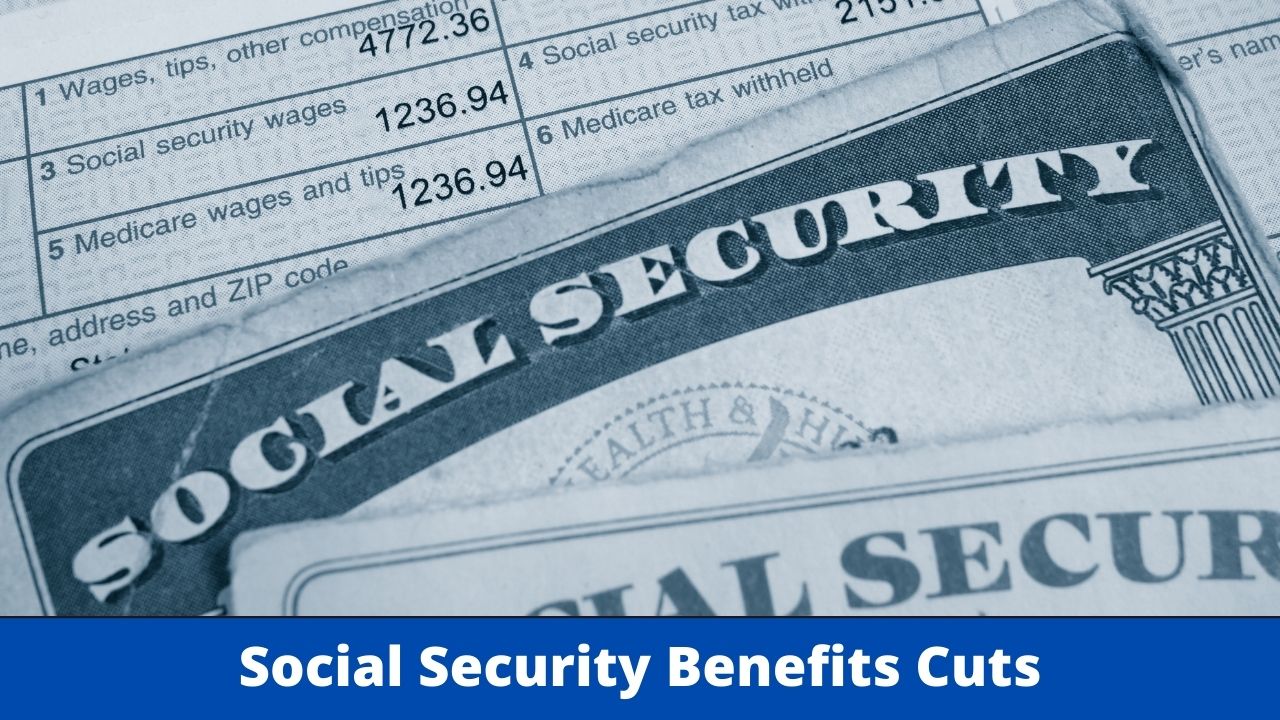Social Security Benefits Might Get Cut Early? What Does it Mean For You in 2021?
Last week, we found out that Social Security benefits could be cut sooner than expected. This is worrying for people who plan to retire soon and don’t know if they will have enough money.
Financial experts say not to panic. This week, U.S. Secretary of the Treasury Janet Yellen said that one risk from the government standoff about a debt ceiling is that nearly 50 million seniors could stop receiving Social Security checks for a time.
If Congress doesn’t act to address the long-term funding problem, Social Security and Medicare trustees predict that benefits will have to be slashed by 2034 – a year sooner than previously expected.
If Congress does nothing, Social Security will only be able to give people who are retired or disabled 78% of the benefits they were promised. Some news reports say that number is closer to 75%.
There’s no question why the money is disappearing sooner than planned. Last year’s economic downturn caused by the pandemic, which led to a significant reduction in employment, resulted in declining revenue from payroll taxes.
But just because Social Security payments might have to be curtailed early doesn’t imply that money is running out, as some people worry. That won’t happen, according to Monotelo Advisors, a financial and tax planning firm in Chicago.
The Social Security trust fund is projected to be completely depleted by the middle of next decade if no adjustments are made. According to Monotelo, if the only funds accessible to Social Security by the end of the next decade are current wage taxes paid in now, then it will still be able to pay approximately three-quarters of promised benefits.
“While a 25% reduction in benefits may have a significant detrimental impact on Social Security beneficiaries who rely on their benefits, it is far less harmful than the program being terminated entirely,” Monotelo added.
“There are things that can be done to get the program back on track,” Thoma added. “To keep the program fully funded throughout the 75-year time horizon (they run it for 75 years — through 2095), payroll taxes would need to rise about 3.36%, or roughly 1.7% for both employers to fully refund the program.
“If nothing is done, benefits would have to be reduced by 24% in 2034 (they could pay 76 cents on the dollar in benefits). ”
That’s assuming the federal government does nothing to address Social Security. Other options that might be considered include increasing the retirement age, changing the benefit formulas, and eliminating the taxable income ceiling.
“The key thing to remember here is that Social Security is not necessarily going bankrupt,” Thoma Added.
Some retirees may be tempted to apply for benefits early in order to receive as much money as possible before the funds run out. But this isn’t always the case.
Related:

